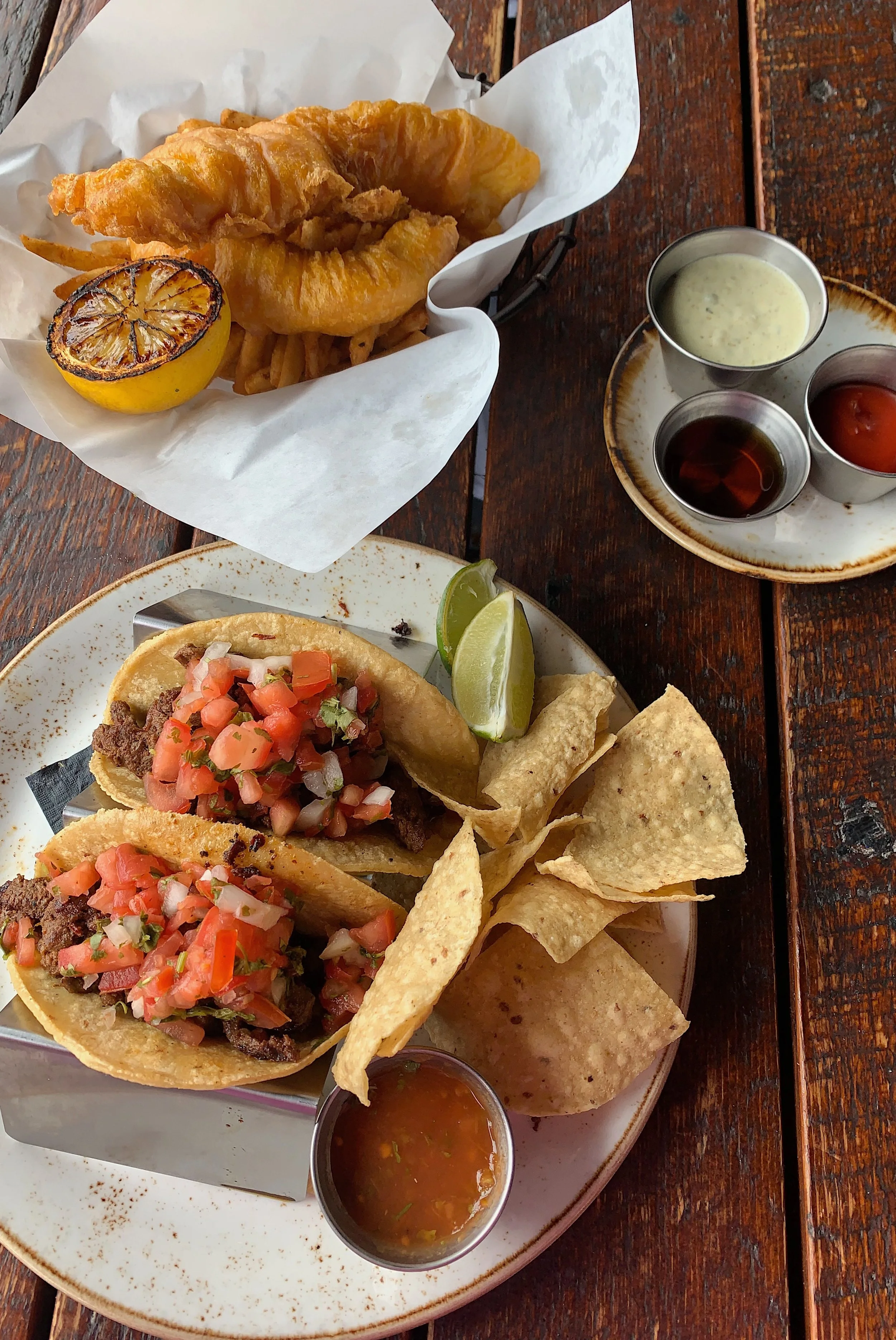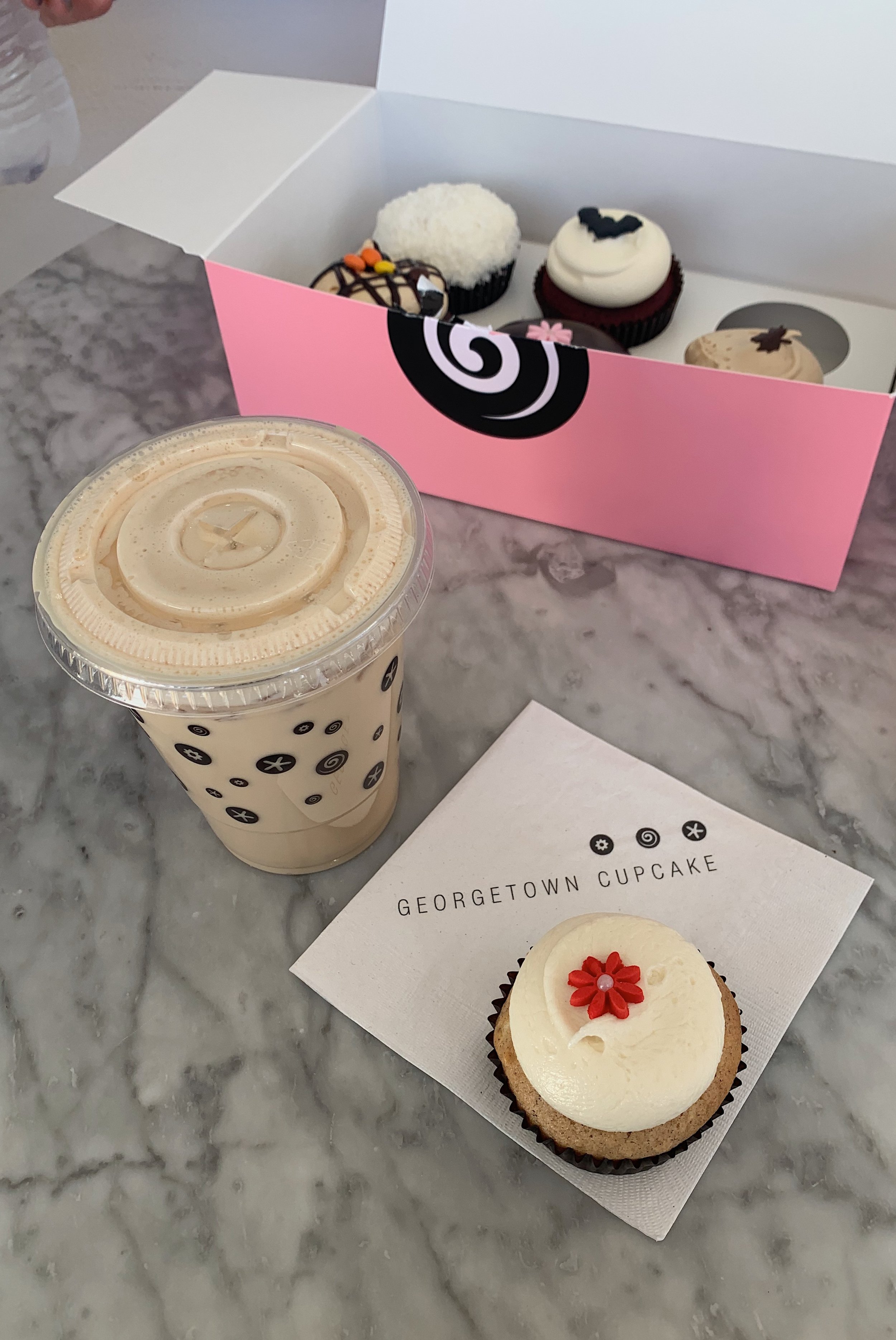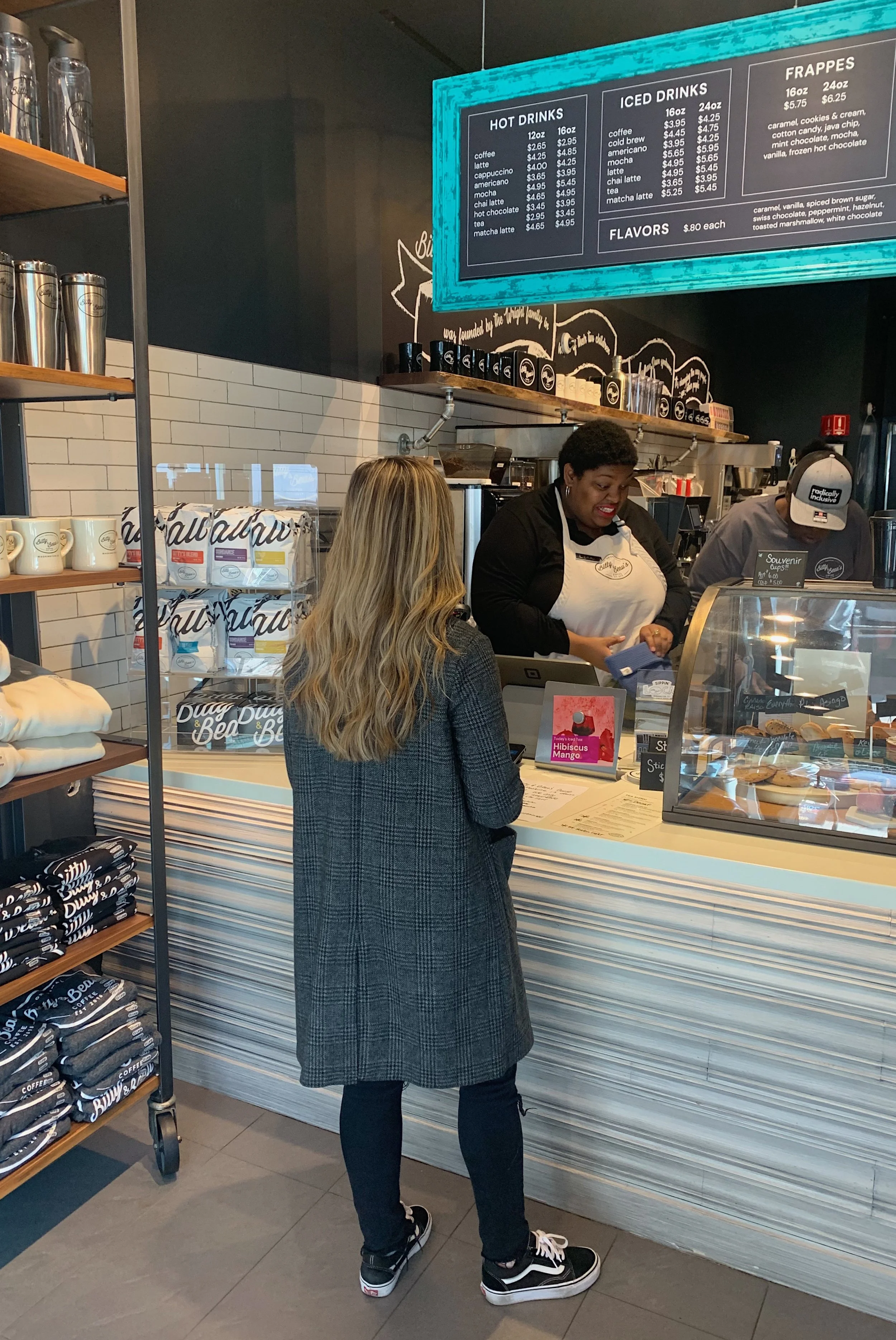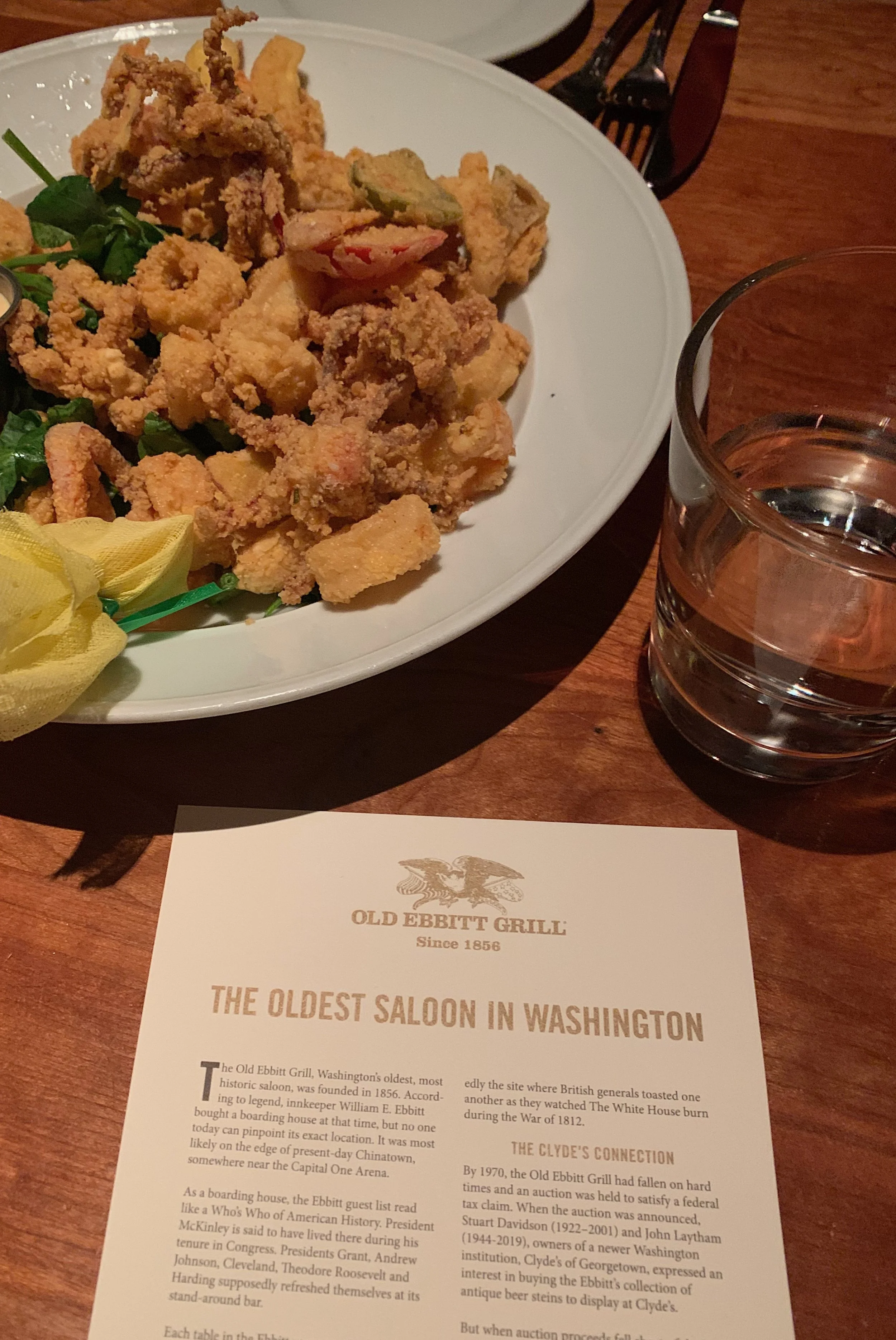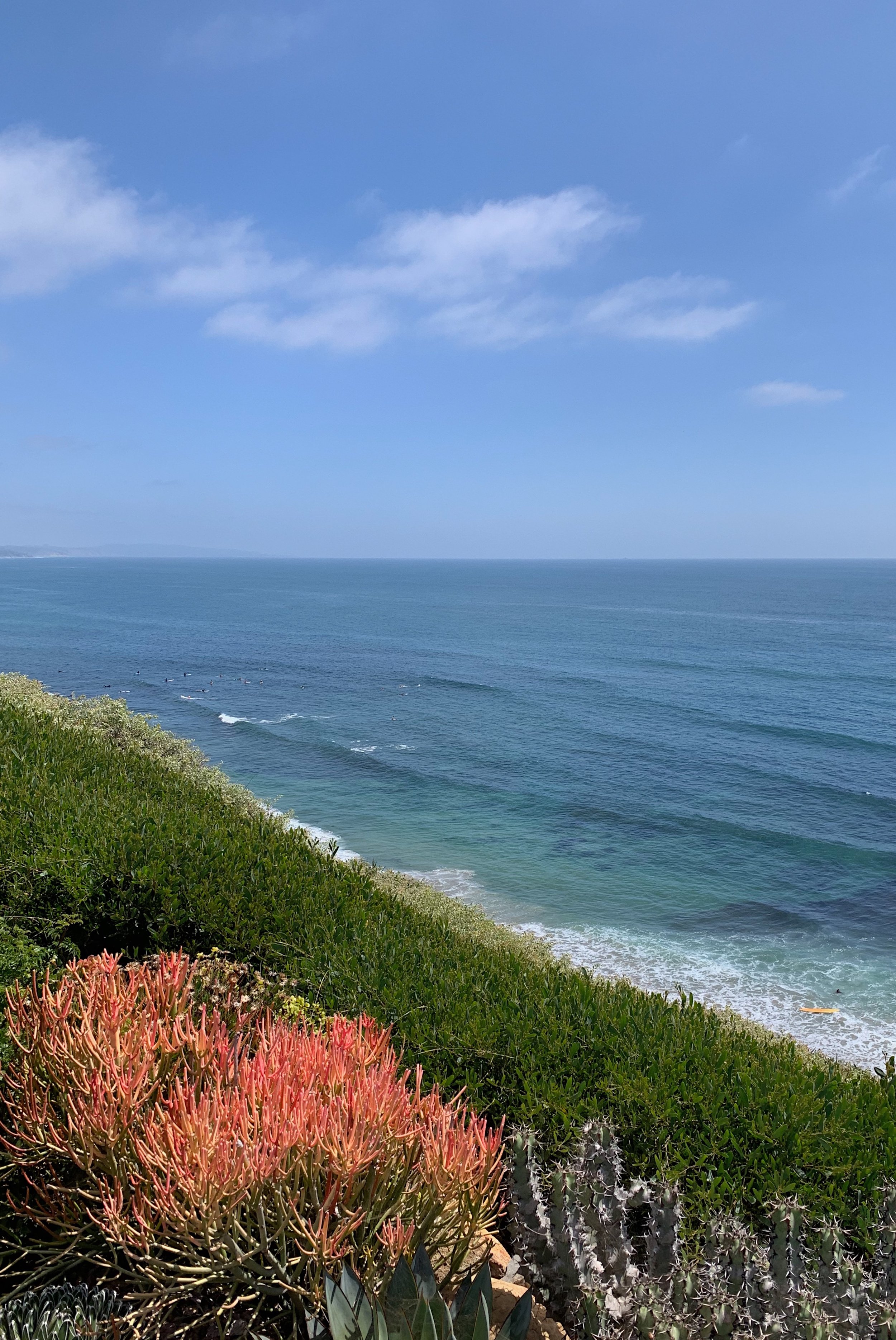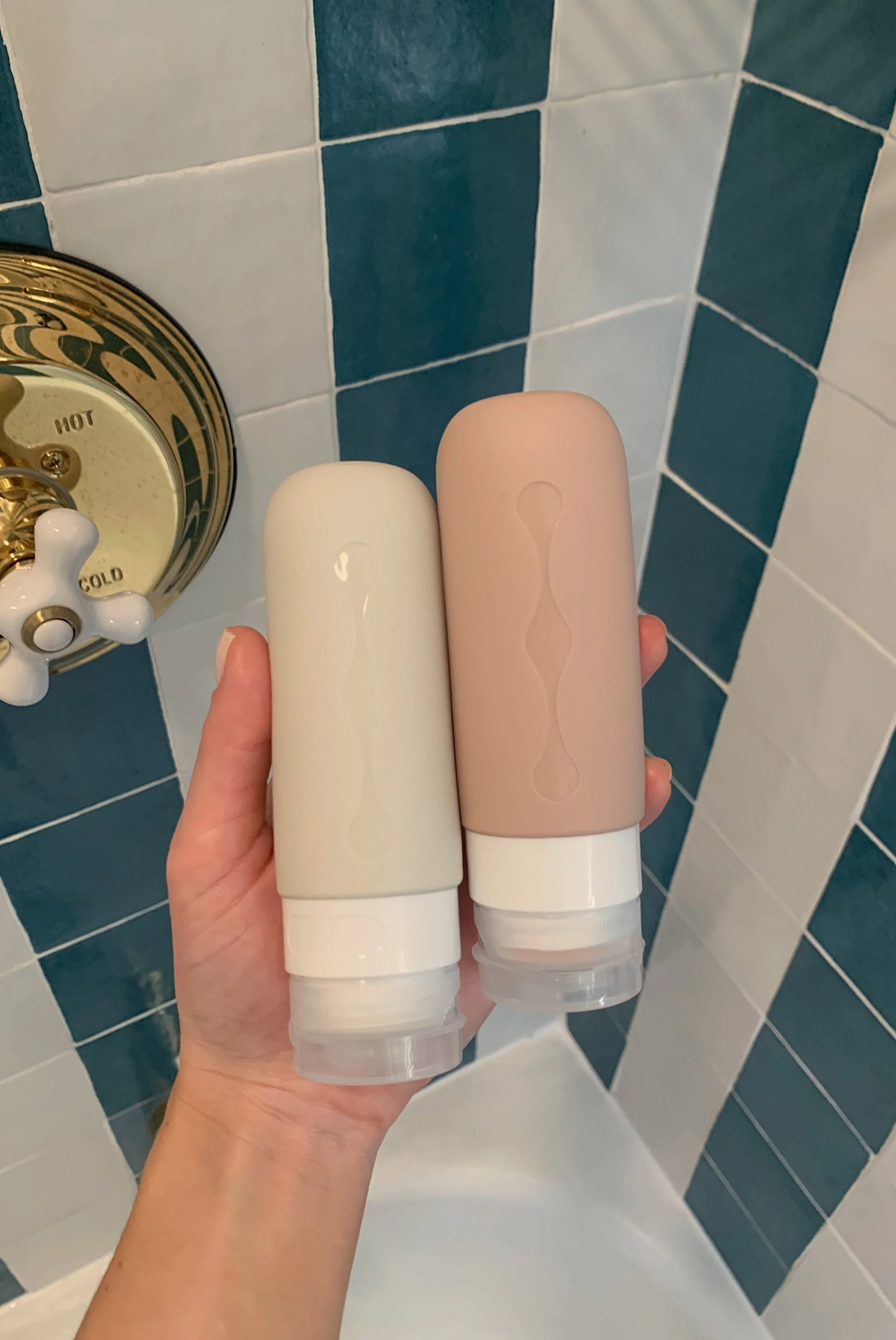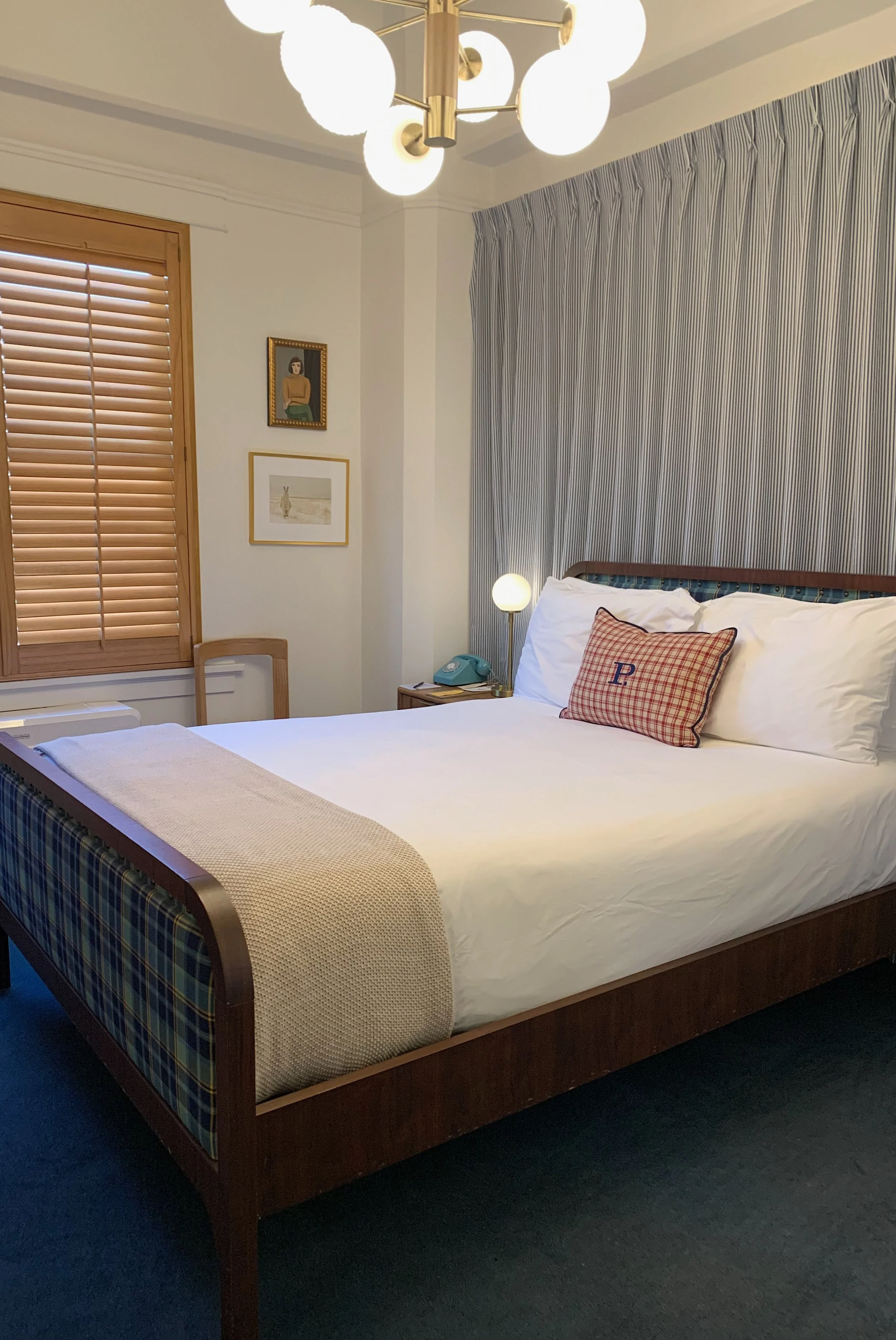How to Save Money on Food While Traveling
Travel can be expensive, but it’s 100% worth it and something that I think everyone should prioritize. I truly cherish my time spent exploring new destinations, learning about other cultures, and enjoying the company of family and friends (and myself, if we’re being honest). I’ve done a lot of solo travel over the years, and expenses add up quickly with no one to split things with, but we all know the pain of traveling in a group that wants to do, see, and eat everything with zero hesitation to swipe a credit card at every corner.
Below, I’m sharing all of my tips and tricks for saving money on food while you travel. These tips are not centered around frugality; rather, they’re strategic tweaks anyone could incorporate without feeling like they’re missing out on their travel experience. I’m a personal believer in enjoying travel; I would never want to spend 20 hours traveling just to eat PB and J’s in my hotel room for every meal (no judgment if you like that, though!). So while these tips don’t necessarily have a specific budget in mind, they will help you save a decent amount. Take what makes sense to you; leave what doesn’t.
Lastly, I don’t get into specific rewards credit cards. I personally use a credit card and earn points, so definitely do that if you can, but I’m not pushing any one program. These tips will still work even if you exclusively use cash or debit cards :)
I hope that you find at least some of them helpful, and I wish you all the best on your travels!
how to save money on food while traveling
Depending on the length of your stay, look into hotels with kitchenettes. If you’ve poked around my website before, you know I try to stay at hotels with rewards programs over the hottest boutique spot. I also prioritize finding accommodations with a kitchenette if I’m staying for more than 4 days.
For one, depending on the time zone change, you might not want to wake up early for the free breakfast. I also prefer to cook things how I’m used to (minimal seed oils) so that I feel my best, and can really treat myself at local restaurants.
You can also make snacks or simple meals in a pinch instead of relying on restaurants for every meal. I used to think cooking on vacation was a waste when there are so many places I wanted to try, but nowadays I really feel happy saving the $10-15 and applying it to a nicer meal or treat.
Kitchenettes also come in handy if you have kids, as they don’t always acclimate to the new time zone as well and might be hungry at random times for more than a snack.
Bring (or buy) snacks you like (bonus points for protein-based options). I’m not a snacker at home, but my appetite can be unpredictable when I travel. I used to try to bring extra-healthy snacks, but I wouldn’t want them even when I got hungry. Instead, I bring some of the tried-and-true favorites like Chomps sticks, fruit/ granola bars, salt and vinegar chips, and protein bars that I know I enjoy. I mention protein-based snacks because they’ll keep you fuller longer; sometimes a bag of cookies just makes me even hungrier (and messes with my blood sugar).
Travel with snacks in your bag/ carry-on. You don’t know if a flight will get delayed, and airport food is expensive (and rarely worth it).
Also, bring protein powder if that’s a regular staple for you. My boyfriend is a gym person and counts his protein each day. Instead of trying to find restaurants that help him meet his goals, he makes protein shakes in the hotel room and that gives us more flexibility later on. I’ve never had an issue bringing bags of protein powder through the airport (just stick them inside the shaker), but if we travel for over a week, we typically just bring a whole tub in a checked bag.
Plan ahead and stock up on gift cards. If there’s a location-specific chain you want to visit (like In-N-Out or Potbelly), try to buy a gift card ahead of time. You can get a discount on certain gift cards at Costco or Sam’s Club. Restaurants also tend to offer promotions around Black Friday (ex: buy $40 in gift cards, get $20 for yourself). This can really stretch your budget if you’re able to capitalize on it by planning ahead. It also helps break up your purchases, since we all know that spending increases while you’re traveling.
This tip also applies to Uber, Lyft, DoorDash, and Uber Eats - highly recommend trying it if you can.
Save all of your Starbucks reward points (or other loyalty program points). Prices change depending on where you are and the overall demand/ convenience; I know Starbucks is at least $1-2 more expensive in airports than it is for me at home. Before you travel, try to save up your rewards points and cash in on the free items while you’re traveling. You’re not overspending on something you get cheaper at home, and it’s one less expense you have to factor into your budget.
Sign up for the loyalty program, even if you don’t plan to return. Some people see this as a waste of time, but it’s proven its value to me. My family ate at a sandwich shop in DC about a year ago and I signed up for the rewards program while we waited in line to order. We received free cookies, and ended up loving the sandwiches so much that we went back again (and those initial points added up to a free sandwich).
If you want cheap, quick food, visit the local grocery store instead of a fast food place. While you might gravitate towards a well-known drive thru, fast food prices have gone up a lot! I find that You can get a cheaper lunch at the local grocery store’s hot bar or sandwich station. This also helps you avoid the post-meal slump and keep you energized as you explore.
Go out for lunch instead of dinner. You know your local restaurants offer lunch specials, but we don’t always factor this in while we’re traveling. I have saved money by skipping the free breakfast (have a snack) and eating a bigger lunch out instead of dinner. I apply this tip to some of the more upscale restaurants I want to try, as I still get to experience them but I don’t waste a big portion of my budget in one place.
If you’re staying at a hotel without a fridge, you might not be able to take larger-portioned dinner leftovers home, so lunch might make more sense.
Ask cab drivers, not hotel staff, for recommendations. Hotel staff typically aim to please, so they’re going to give you options that tourists like, or flashier options at the higher end of your budget if you mention one. Cab drivers know their cities inside and out, including where you can find good deals and restaurants worth venturing to. They’re a treasure trove resource; don’t take them for granted.
Speaking of, ask locals where they eat, not where they recommend. This little switch filters out some of the tourist traps (and inflated prices). I’ve had some of my best meals by asking this question.
Don’t eat right near tourist attractions. You pay for the convenience, and the menus are typically a little more bland as they’re meant to please the crowd. Even just venturing 2-3 blocks away can save you 15-20% easily.
Look around, not at your phone. I love to utilize the maps and review apps on my phone, don’t get me wrong, but sometimes we get so stuck in our online research that we fail to be observant of our actual surroundings. Check out where the locals are and which restaurants are attracting a crowd. Algorithms and paid ads can skew things; you might walk towards a cafe with a 4.9 rating to see the not-as-cute restaurant across the street is way more packed and busy.
This exact situation happened to me in Gettysburg; I was there long enough to try both places and the busy restaurant was much better than the internet-recommended one.
Check out local farmers’ markets and street fairs. Sometimes these vendors and food trucks don’t make it onto Google or Yelp, especially if they’re only available once a week, but they’re delicious and cheap. You get a taste of local fare, and get to see how the locals live, too.
Don’t forget about cafes and bakeries. If you want a snack or a sandwich-like item, local cafes and bakeries are really worth checking out. They tend to incorporate local flavors, and you can grab and go if you need something quick or don’t want to pay for sit-down service.
Have your drinks before dinner. I don’t drink alcohol but I do like sparking water and juice; this will also save you a lot if you drink soda. Buy your special juices/ drinks at the local grocery store and drink them in the room or while you’re out and about (in your travel water bottle) to satisfy the craving instead of ordering at the restaurant. Soda, juice, and alcohol are notoriously marked up by a lot, even with free refills.
Utilize free water refill stations. This is a no-brainer, and there are so many refill stations that it’s more convenient than ever. Don’t forget to check out your hotel’s gym - the continental breakfast might have small bottles available, but the gym is typically the hidden gem.
Plan ahead. Ending it with the most basic tip. Not everyone micro-plans their trip, and I don’t think you need to. But I do think it’s worth it to have an idea of a few places where you might want to eat each day; that way you’re not scrambling (and starving) and end up overspending out of desperation. This is especially helpful if you’re in bigger cities like DC or New York; know what’s in the area you’re exploring so you don’t have to crisscross back unnecessarily.
I never want someone to be so concerned with their budget that they fail to enjoy traveling and the adventure as it’s unfolding. I hope these tips help you, as food truly is a wonderful way to experience culture and get to know a city, even if you’re not a foodie. Happy travels!
